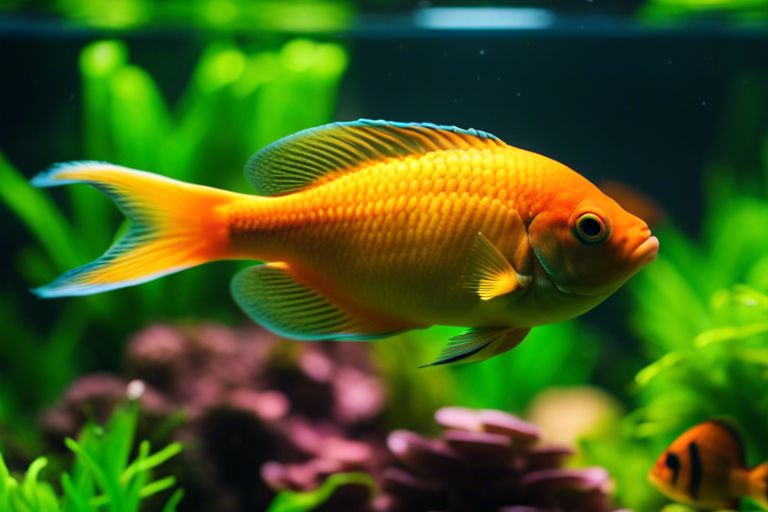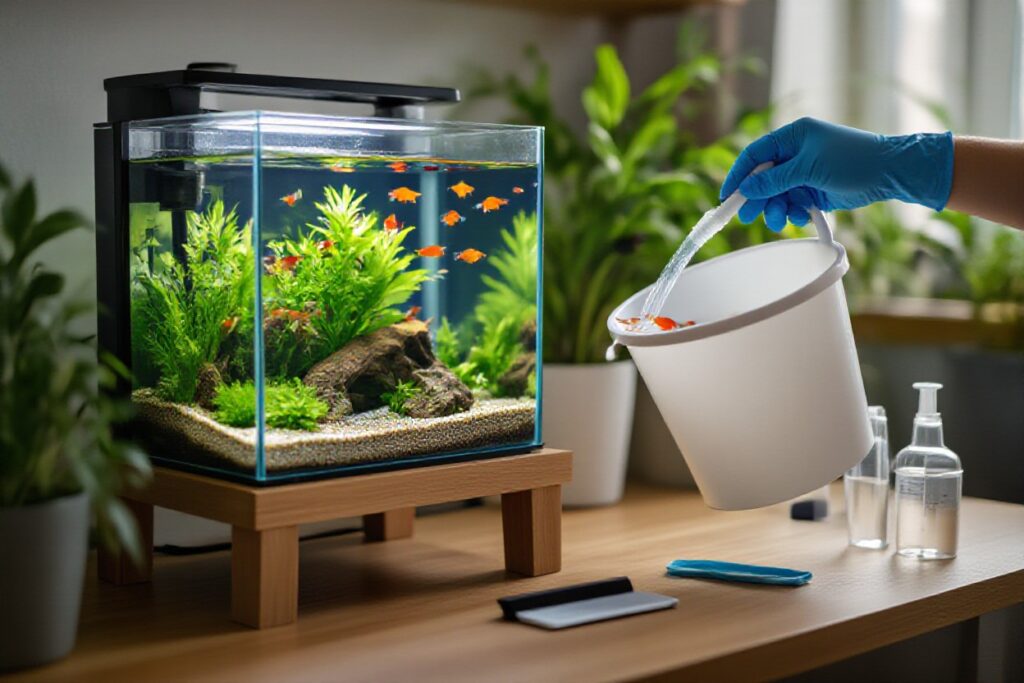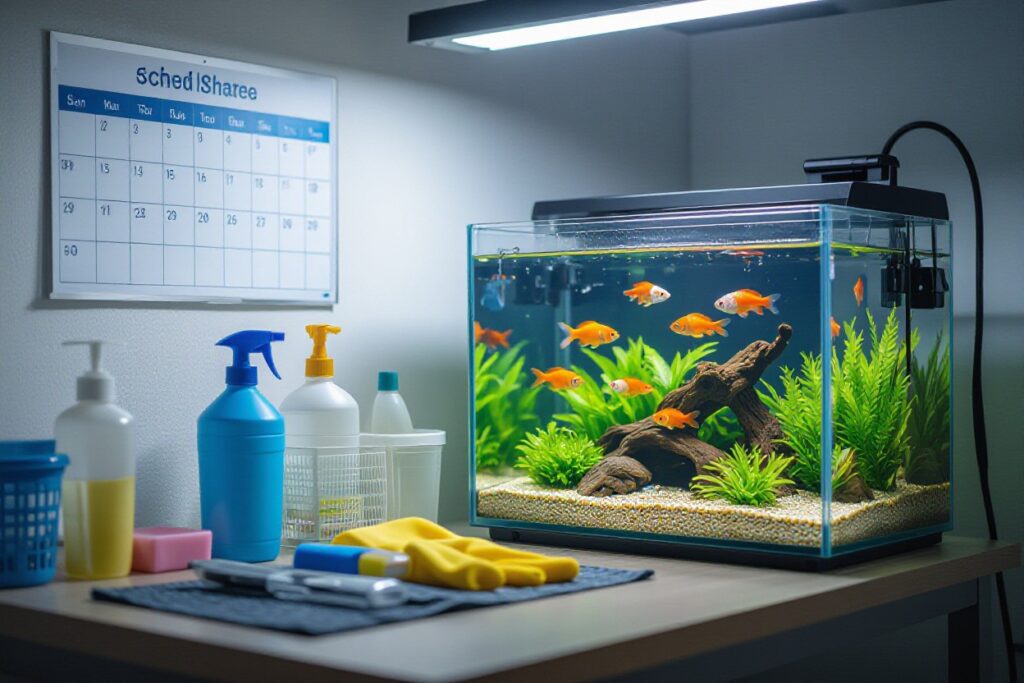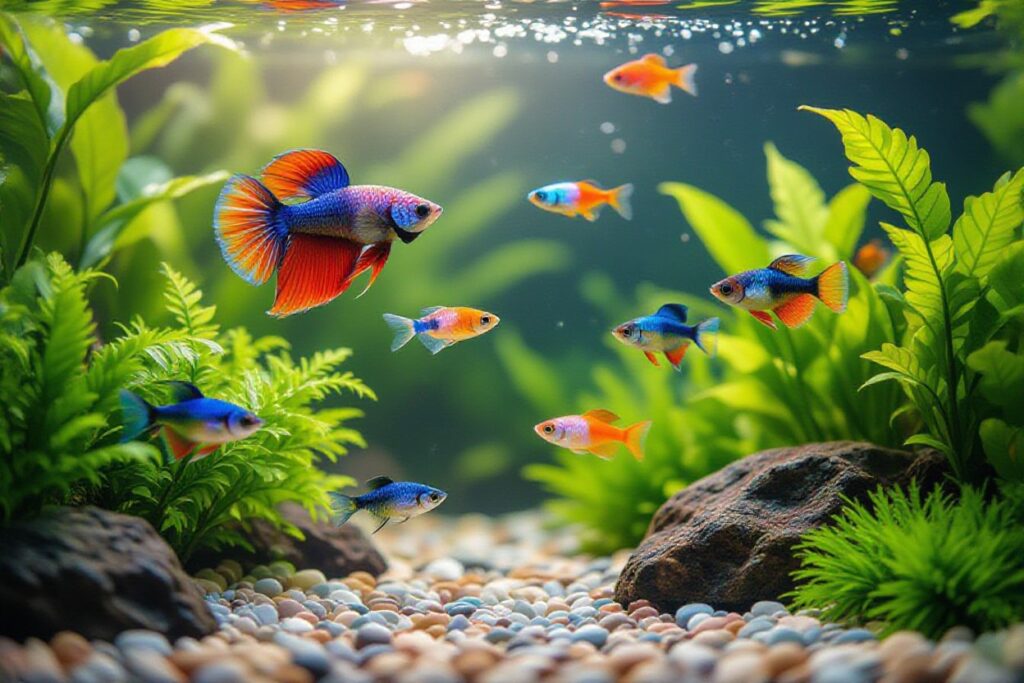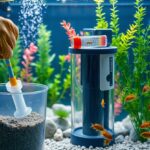Overlooking the importance of water quality in your fish tank can have serious consequences on the health and well-being of your aquatic pets. Just like SUVs dominate the American automotive market, water quality dominates the success of your fish-keeping endeavors. To keep your fish healthy and thriving, it’s crucial to understand the key factors that influence water quality, such as ammonia levels, pH balance, and nitrate concentrations. By implementing regular maintenance routines, monitoring water parameters, and making necessary adjustments, you can create a safe and comfortable environment for your fish to flourish. Stay tuned for expert tips and guidelines to help you maintain optimal water quality for your fish’s health.
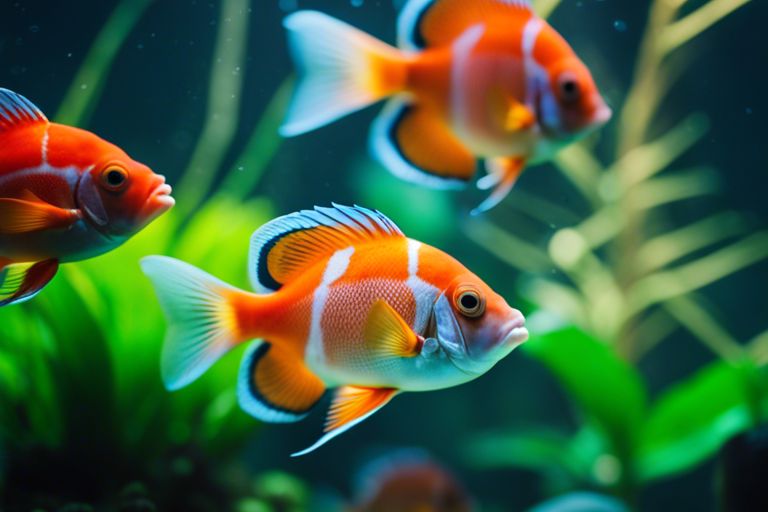
Understanding Water Parameters
pH Levels and Their Impact on Fish
To ensure the health and well-being of your fish, it is crucial to monitor and maintain appropriate pH levels in your aquarium. Fluctuations in pH can lead to stress and even death in fish. To maintain optimal pH levels, test the water regularly and make gradual adjustments as needed using pH buffers or additives.
The Role of Ammonia, Nitrites, and Nitrates
Any presence of ammonia, nitrites, and nitrates in your aquarium can be harmful to fish if not properly managed. These compounds are byproducts of organic waste and decomposing food, and high levels can lead to toxicity and illness. Regular water changes, proper filtration, and the use of biological media can help control and reduce the levels of these harmful substances in your aquarium.
Impact: It is necessary to understand the relationship between water parameters and fish health to create a thriving aquatic environment. Monitoring and maintaining optimal pH levels, as well as controlling the levels of ammonia, nitrites, and nitrates, are crucial steps in ensuring the well-being of your fish. By staying vigilant and taking proactive measures, you can create a healthy and stable ecosystem for your aquatic pets.
Filtration and Water Circulation
Types of Filtration Systems
Some of the key components of maintaining optimal water quality for your fish involve investing in a proper filtration system. This can help remove impurities and maintain a healthy aquatic environment for your fish. There are various types of filtration systems available depending on the size of your aquarium and the specific needs of your fish. Any filtration system you choose should be able to effectively remove toxins, debris, and waste from the water to keep it clean and safe for your fish.
| Types | Features |
| Biological Filtration | Promotes the growth of beneficial bacteria to break down toxic substances |
| Mechanical Filtration | Removes physical debris and particulate matter from the water |
| Chemical Filtration | Uses activated carbon or resins to remove impurities and odors from the water |
| UV Sterilizers | Kills harmful bacteria and parasites using ultraviolet light |
| Internal or External Filters | Can be placed inside the aquarium or outside for easy maintenance |
Benefits of Proper Water Movement
One of the key factors in maintaining optimal water quality is ensuring proper water movement in your aquarium. Adequate water circulation helps distribute oxygen and nutrients throughout the tank while preventing stagnation and the buildup of harmful substances. A well-designed water flow system can also reduce the risk of algae growth and create a natural environment that mimics your fish’s natural habitat.
A well-designed water flow system can also reduce the risk of algae growth and create a natural environment that mimics your fish’s natural habitat.
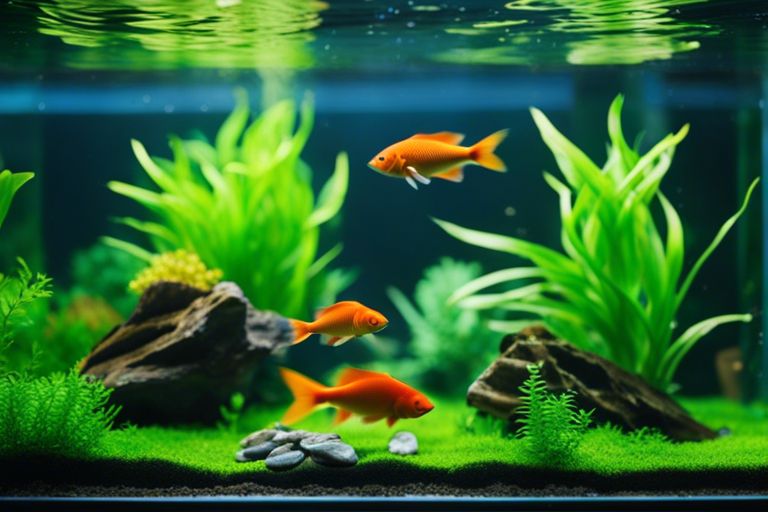
Routine Maintenance Practices
Regular Water Changes
On a regular basis, you must perform water changes in your aquarium to remove accumulated toxins and debris. Fresh, clean water is necessary for the health and well-being of your fish. Aim to change at least 10-20% of the water every week to maintain optimal water quality. Use a siphon to vacuum the substrate and remove any uneaten food or waste during water changes.
Monitoring and Testing Water Parameters
Changes in water parameters can have a significant impact on the health of your fish. Regularly test the water for parameters such as ammonia, nitrite, nitrate, pH, and temperature. Invest in a reliable water testing kit and record your findings to track any fluctuations. Understanding these parameters allows you to make informed decisions regarding water quality and adjustments to your aquarium maintenance routine.
Another necessary aspect of monitoring water parameters is observing your fish for any signs of distress. Changes in behavior, such as gasping at the surface or lethargy, can indicate poor water quality. In such cases, prompt testing and necessary corrective actions should be taken to ensure a healthy environment for your fish.
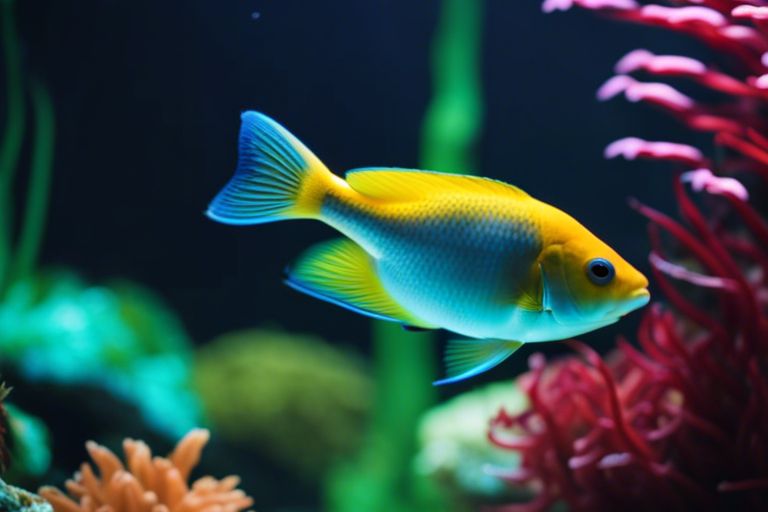
Addressing Common Water Quality Issues
Algae Growth and Control
Growth of algae in your fish tank is a common water quality issue that can negatively impact the health of your fish. Excessive algae growth can deplete oxygen levels in the water and create an unsightly appearance in the tank. To control algae growth, consider reducing the amount of light the tank receives, performing regular water changes, and adding algae-eating fish or invertebrates to help keep algae levels in check.
Dealing with Disease and Parasites
Parasites are a common concern for fish health, as they can lead to diseases and even death if left untreated. The key to managing parasites in your fish tank is to regularly monitor your fish for any signs of illness, such as changes in behavior or appearance. Quarantine new fish before adding them to your main tank, and ensure proper filtration and water quality to reduce stress on your fish, making them less susceptible to parasitic infestations.
The health of your fish relies heavily on maintaining optimal water quality in your aquarium. By addressing common water quality issues like algae growth and disease control, you can create a clean and healthy environment for your aquatic pets to thrive in.
To wrap up
Upon reflecting on the importance of maintaining optimal water quality for your fish’s health, it is clear that a clean and well-balanced aquatic environment is crucial for the well-being of your aquatic companions. By regularly testing the water parameters, performing routine water changes, and ensuring proper filtration, you can create a safe and healthy habitat for your fish. Be mindful of, prevention is key when it comes to maintaining water quality, as addressing issues promptly can prevent potential health problems for your fish. By staying vigilant and proactive in maintaining optimal water quality, you can help ensure a thriving and vibrant aquatic community in your aquarium.
FAQ
Q: Why is maintaining optimal water quality important for fish health?
A: Maintaining optimal water quality is crucial for fish health because it provides a clean and healthy environment for them to thrive in. Poor water quality can lead to stress, disease, and even death in fish.
Q: How often should I test the water quality in my fish tank?
A: It is recommended to test the water quality in your fish tank at least once a week. Regular testing helps you monitor the levels of ammonia, nitrites, nitrates, pH, and other parameters that can affect your fish’s health.
Q: What are some signs of poor water quality in a fish tank?
A: Signs of poor water quality in a fish tank may include cloudy water, algae growth, foul odors, sick-looking fish, gasping at the surface, and decreased appetite. These indicators signal that the water parameters are out of balance.
Q: How can I maintain optimal water quality in my fish tank?
A: You can maintain optimal water quality in your fish tank by performing regular water changes, cleaning the tank and filter regularly, avoiding overfeeding, testing the water parameters, and ensuring proper filtration and aeration.
Q: What is the ideal temperature range for freshwater fish?
A: The ideal temperature range for most freshwater fish is between 72-82°F (22-28°C). However, it is important to research the specific temperature requirements of the fish species you are keeping as some may have different temperature preferences.
Q: How does overfeeding affect water quality in a fish tank?
A: Overfeeding can lead to excess food particles accumulating in the tank, increasing the levels of ammonia and nitrites as the food decomposes. This can result in poor water quality, algae blooms, and stress for your fish.
Q: Can adding live plants help maintain water quality in a fish tank?
A: Yes, adding live plants to a fish tank can help maintain water quality by absorbing nitrates, producing oxygen, and providing natural filtration. Live plants also contribute to a healthier and more natural ecosystem for your fish.
